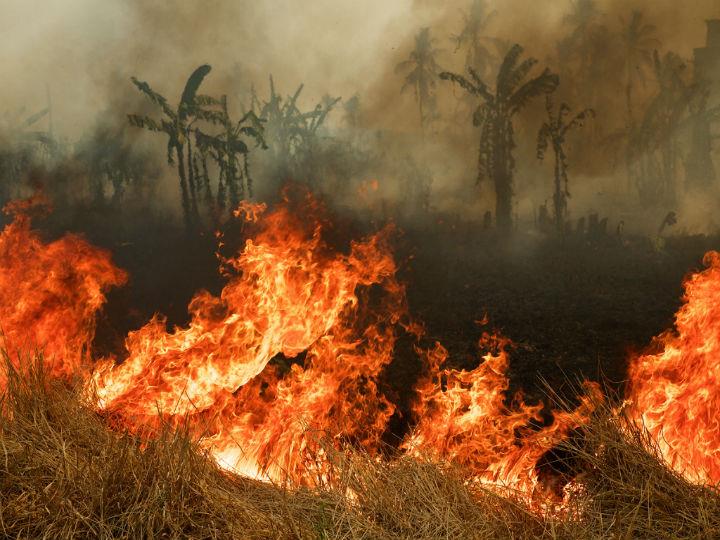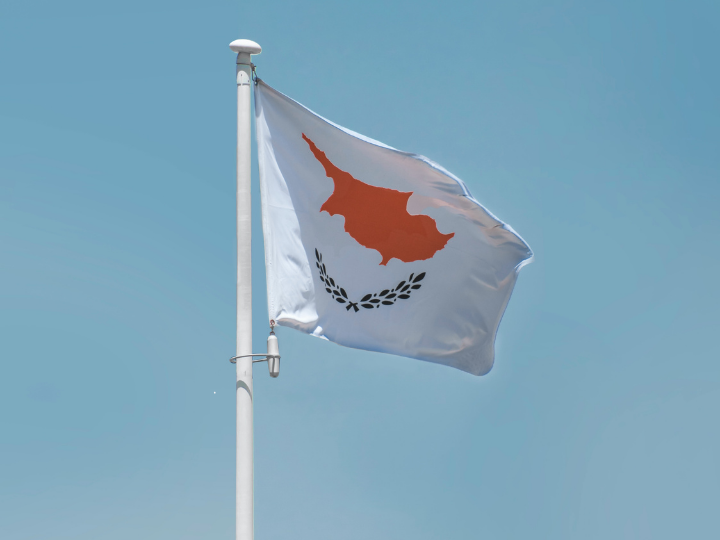by Nithin Coca*
The warning signs are visible on the Indonesian islands of Sumatra and Borneo. It’s the heart of the dry season, and drought — accentuated by a moderate El Nino — is sparking fears of a repeat of 2015, when the climate pattern that leads to above-normal sea-level temperatures in the equatorial Pacific Ocean contributed to devastating fires. The blazes charred 2.6 million hectares of land, emitted more daily carbon dioxide than the entire U.S. economy and left millions sick from a haze that spread across Southeast Asia. But this year there’s something different — something that Indonesia is counting on and that the world will closely watch.
Since 2015, Indonesian President Joko “Jokowi” Widodo has implemented policies aimed at addressing root causes of fires, such as deforestation and poor management of peatlands. This includes creating a peatland restoration agency, fining companies and individuals responsible for fires, extending a deforestation moratorium and strengthening local enforcement and firefighting capabilities.
There’s early evidence that these steps are making a difference. The number of hot spots — areas with significantly higher temperatures than neighboring areas — is decreasing dramatically. There were 2,400 hot spots detected in the first nine months of 2017 in Indonesia, a 32 percent decline from the same period in 2016, according to sightings made by satellites of the U.S. National Oceanic and Atmospheric Administration (NOAA). And in the first six months of 2019, only 508 hot spots were detected, a 25 percent decline from the 685 sighted over that period in 2018.
THE GOVERNMENT HAS BECOME MUCH MORE SERIOUS ON THE FIRES AND HAZE ISSUE SINCE 2015.
Indonesia is also reducing deforestation rates, according to the World Resources Institute. In 2016, the country lost 1 million hectares of forests. But in 2017, that rate dropped by 60 percent to a loss of 400,000 hectares. Yet the El Nino phenomenon in 2019 is shaping up as the biggest challenge for Indonesia’s new approach since 2015. How well the world’s fourth-most populous nation copes could determine the applicability of Indonesia’s model to a series of other similar tropical nations facing deforestation — from Brazil and Peru to the Democratic Republic of Congo.
“The government has become much more serious on the fires and haze issue since 2015,” says Arief Wijaya, senior forests and climate manager at WRI Indonesia, noting how authorities now pursue “the actors, businesses and local people who are responsible for setting fires for land clearing.”
Though peatlands form some of the densest carbon stocks in the world and, when burned, produce dangerous air pollutants, they were not well understood in Indonesia until 2015, say experts. There were no accurate maps of the peatlands, so experts couldn’t gauge their density or see how they were connected to surrounding ecosystems. That has now changed.
Jokowi’s government created a Peatland Restoration Agency tasked with restoring 2 million hectares of degraded peatlands. The government also created a land-swap mechanism that allowed landholders who had plantations on peat to trade in their land and move to non-peat locations.
Civil society also has joined the fight. WRI Indonesia launched the Indonesian Peat Prize competition in 2017, where teams compete to come up with solutions to cheaply and effectively map peatlands across the country. The winner in 2018 had proposed an innovative LIDAR — a laser-light based surveillance technique — and satellite-based method, which is now being adopted by the national peatland mapping effort.
Other tropical countries are recognizing that Indonesia’s approach could serve as a template for them. Earlier this year, the Indonesian government launched an International Tropical Peatland Center in collaboration with global experts and several foreign countries, including Peru, the Democratic Republic of Congo and the Republic of Congo. The center aims to provide support and share Indonesia’s progress as a model for tropical countries in South America and Africa dealing with increasing deforestation. Beyond the tropics — where Brazil’s Amazon forests are burning — regions as distant as California and Europe are battling increasingly frequent forest fires.
To be sure, despite these gains, it won’t be easy for Indonesia to fix decades of mismanagement and manage forests in a country whose islands stretch from India to Australia. And 2019 represents a test unlike any the country has faced since 2015. Already, fires are burning, and haze is spreading to neighboring Singapore and Malaysia.
According to Herry Purnomo, a scientist at the Indonesia-based Center for International Forestry Research, 138,000 hectares of forest land had burned by the end of July in 2019. He’s hopeful that the year’s cumulative figure won’t cross 500,000 hectares — a number that, while significant, is well below the 2.6 million hectares that burned between June and October in 2015.
*Freelance Journalist
**first published in: www.weforum.org




 By: N. Peter Kramer
By: N. Peter Kramer
